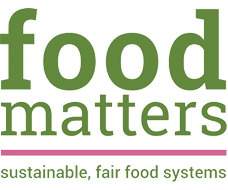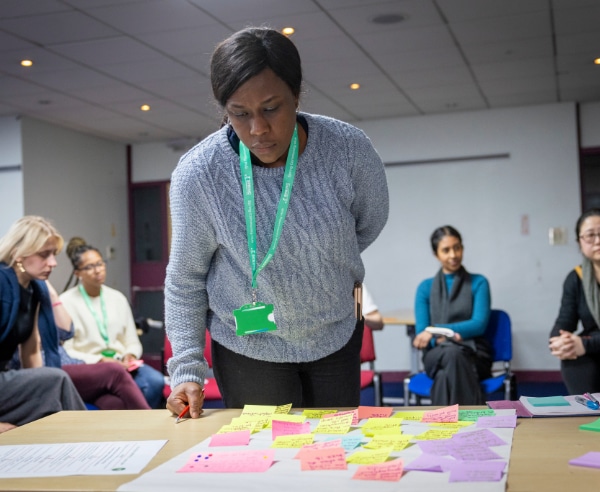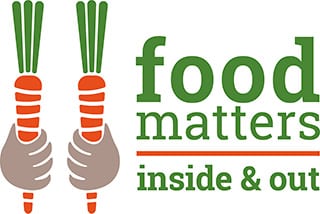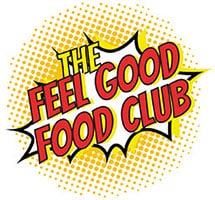We work with a wide variety of organisations and businesses, local authorities, food groups and partnerships, school children, young adults, and members of the public – and the specific approach we adopt is determined by the needs of the group.
Evaluation Examples:
– School Food Matters Evaluation
We evaluated the School Meals Improvement Campaign led by School Food Matters. The evaluation assessed the success of the campaign in improving the nutritional content of meals for school children.
– Breakfast Club Review Evaluation
Commissioned by the Mayor’s Fund for London (MFL) we evaluated the impact and suitability of breakfast clubs, in addressing health and wellbeing, skills and employment for London’s poorest children.
– Food Use Places Project
Alongside Brighton and Hove Food Partnership we worked together to evaluate and develop food use confidence. Behaviours related to food use confidence support the reduction of food waste.
– Lewes House Community Garden
We were commissioned to lead a facilitated evaluation session to help members of the Lewes House Community Garden explore the benefits of attending.






